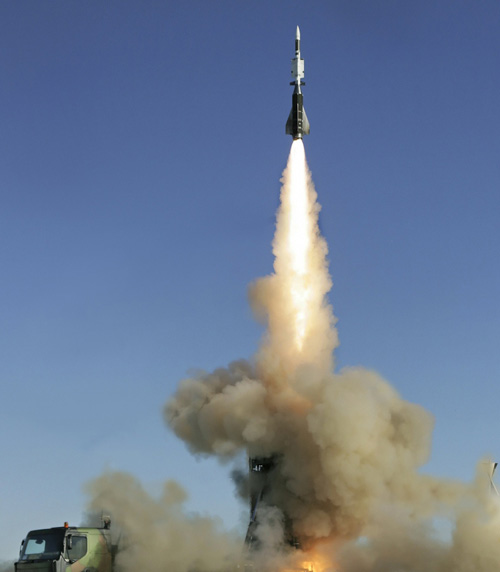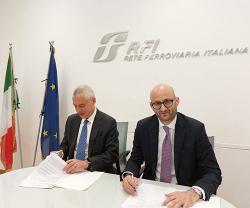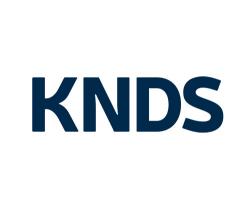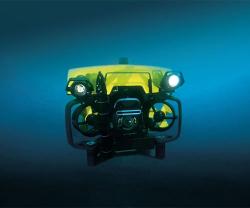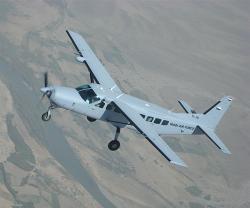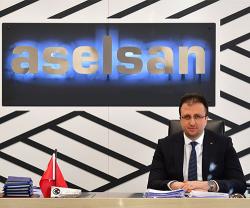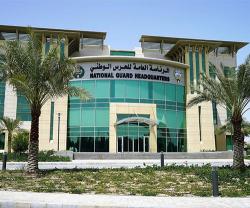On December 20, OCCAR (Organisation for Joint Armament Cooperation) notified to EUROSAM, a consortium formed by MBDA and Thales, the amendment 1 of the contract for the “B1NT” program.
This amendment embodies the participation of Italy in the program. It follows the notification of the initial contract under French mandate on 23 December 2015, and the Arrangement of Cooperation, signed in June 2016 by the French and Italian Defense Ministers, laying down the framework of responsibilities and rights of the two countries for the missile to be developed in cooperation, and its applications in land and naval defense systems against air attacks and ballistic missiles.
The “B1NT” program includes the development by MBDA of the new version Block 1 NT (New Technology) of the Aster missile but also the modernization of SAMP/T systems currently in service with the French Air Force and the Italian Army. These systems will thus acquire enhanced capabilities, particularly against ballistic missiles, constituting an essential contribution for both countries to the NATO program in this area.
The Aster 30 Block 1 NT missile development takes into account the key dual requirement (same missile for ground and naval Aster systems), including thus the necessary adjustments to allow the missile to be fired from warships. Italy has in fact expressed its desire to use the Aster 30 Block 1 NT from its future class of PPA (Pattugliatori Polivalenti d’Altura) offshore patrol vessels.
Speaking about the event, MBDA CEO Antoine Bouvier stated: “The Italian notification strengthens the Aster program well beyond the financial and technological contribution. Once again, cooperation in Europe adds up to far more than the sum of its parts. After the current Aster 30 Block 1, which gave Europe its first defense capability against theatre ballistic missiles, the Aster 30 Block 1 NT will allow to extend this capability to more complex threats and will also deal with the emerging threat of Anti-Ship Ballistic Missiles (ASBM).”
The Aster 30 Block 1 NT missile evolution consists in a new seeker operating in Ka band, replacing the current Ku band seeker, as well as a new improved weapon controller. This change delivers a significant performance enhancement.
The new missile will be capable of intercepting threats of the entry of the MRBM (Medium Range Ballistic Missiles) domain whereas the current Aster 30 Block 1 deals with SRBM (Short Range Ballistic Missiles) of up to 600 km range and it will also be capable of dealing with missiles with separable warheads.
Launched in 1988 by France and Italy, the Aster family (also known as FSAF - Future Surface-to-Air Family) exists as a ground based air and missile defense system (SAMP/T) in service with the Italian Army and the French Air Force. It is also deployed in its naval versions for the self defense of the French and Italian Navies aircraft carriers and provides the self, local and fleet area defense capability on British, French and Italian frigates and destroyers.
The UK, which deploys Aster missiles on its Type 45 destroyers, declared during the Franco-British summit held in Amiens in March 2016 that it is considering the new Block 1 NT version for this class of ships.
Aster systems play an active role in NATO’s ALTBMD (Active Layered Theatre Ballistic Missile Defense) in defending allied forces against ballistic threats and, as such, represent a major Franco-Italian contribution to this program.
Aster systems deployed on “Orizzonte” Italian frigates took part in the No-Fly Zone mission over Libya decided by the United Nations in March 2011. SAMP/T systems operated by the Italian Army are today deployed in Turkey as part of NATO assistance to defend against a possible missile threat coming from Syria.
MBDA is the only European group capable of designing and producing missiles and missile systems that correspond to the full range of current and future operational needs of the three armed forces (land, sea and air). In total, the group offers a range of 45 missile systems and countermeasures products already in operational service and more than 15 others currently in development.

